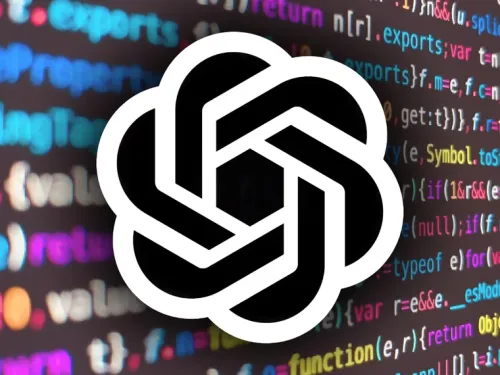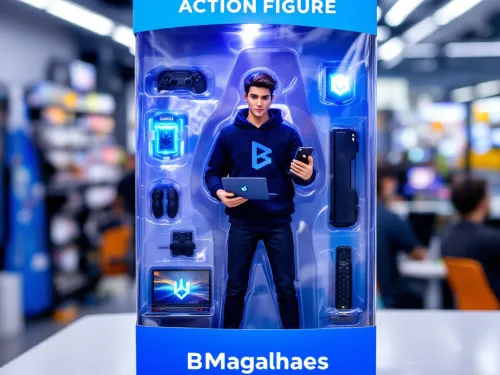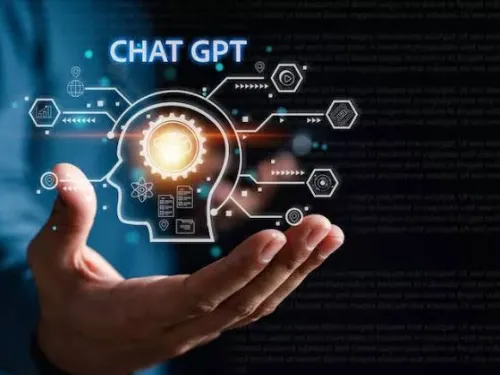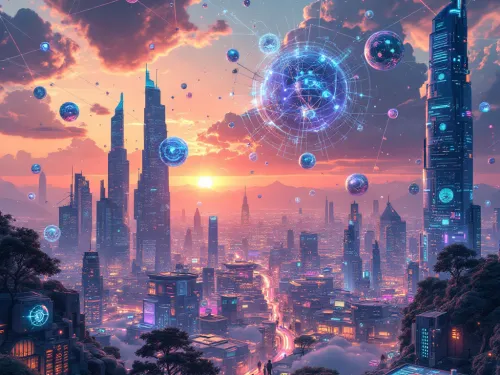GPT-4.1 Revolutionizes Programming with Extensive Context and Precise Code
OpenAI has launched the GPT-4.1 family, revolutionizing programming by offering improvements in contextual understanding and code generation, with a capacity of up to 1 million tokens. Available exclusively via API, the GPT-4.1, GPT-4.1 mini, and GPT-4.1 nano models meet varying demands, from complex systems to low-latency applications. Multimodal, they process text, images, and audio, facilitating tasks like visual sketch code generation. GPT-4.1 surpasses benchmarks but still faces challenges with extensive contexts, requiring supervision. OpenAI leads in assisted programming, promising increased productivity and future integration with leading platforms.
ChatGPT Doll: How to Create Your Version and Dive into the New AI Trend Inspired by Studio Ghibli
The revolution of artificial intelligence keeps surprising us, and the latest trend making waves is the ChatGPT Doll, a charming fusion of advanced technology and the magical aesthetics of Studio Ghibli. In this post, we will explore how this innovative concept is transforming the world of collectibles and, most importantly, we will show in detail how to create your own version of the doll on ChatGPT!
OpenAI prepares to launch GPT-4.1 and new AI models: what to expect?
Recently, exciting news has emerged in the world of artificial intelligence: OpenAI may launch GPT-4.1 and new advanced models next week. This update promises significant improvements and new features to GPT. GPT-4.1 is expected to refine the capabilities of the previous model, advancing in accuracy, comprehension, processing speed, and security. In the AI sector, an impact is expected in areas such as human-computer interaction, translators, writing tools, and business innovation. The launch could result in more natural interactions, improvements in automatic translation, and automation of complex tasks. If the launch occurs, it will mark a significant advancement in the evolution of AI. Stay tuned for more news and get ready to explore the new capabilities this model can offer. Follow my blog for more updates and analyses on technological advances.
Menaces sous-marines : comment les câbles sous-marins Internet sont attaqués.
On March 13, 2025, Generative Artificial Intelligence (GAI) continues to transform our lives, with algorithms that create new content from analyzed data, including text, images, and music. GAI already impacts areas such as content creation, design, and education, facilitating, for example, the writing of articles and the development of personalized teaching materials. However, ethical and technical challenges arise, such as issues regarding data transparency and privacy, as well as impacts on the job market. GAI offers opportunities for innovation and requires continuous adaptation. The key is to balance innovation with ethical responsibility, for both professionals and enthusiasts, turning challenges into opportunities in the era of collaboration between humans and machines.



